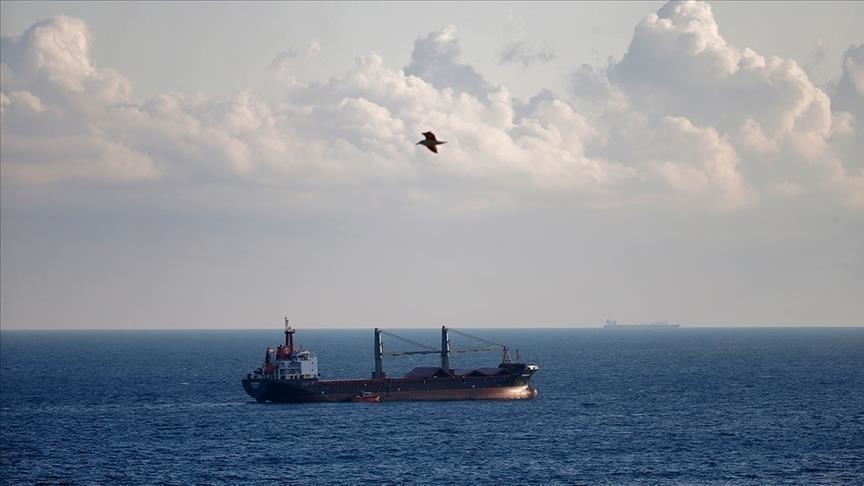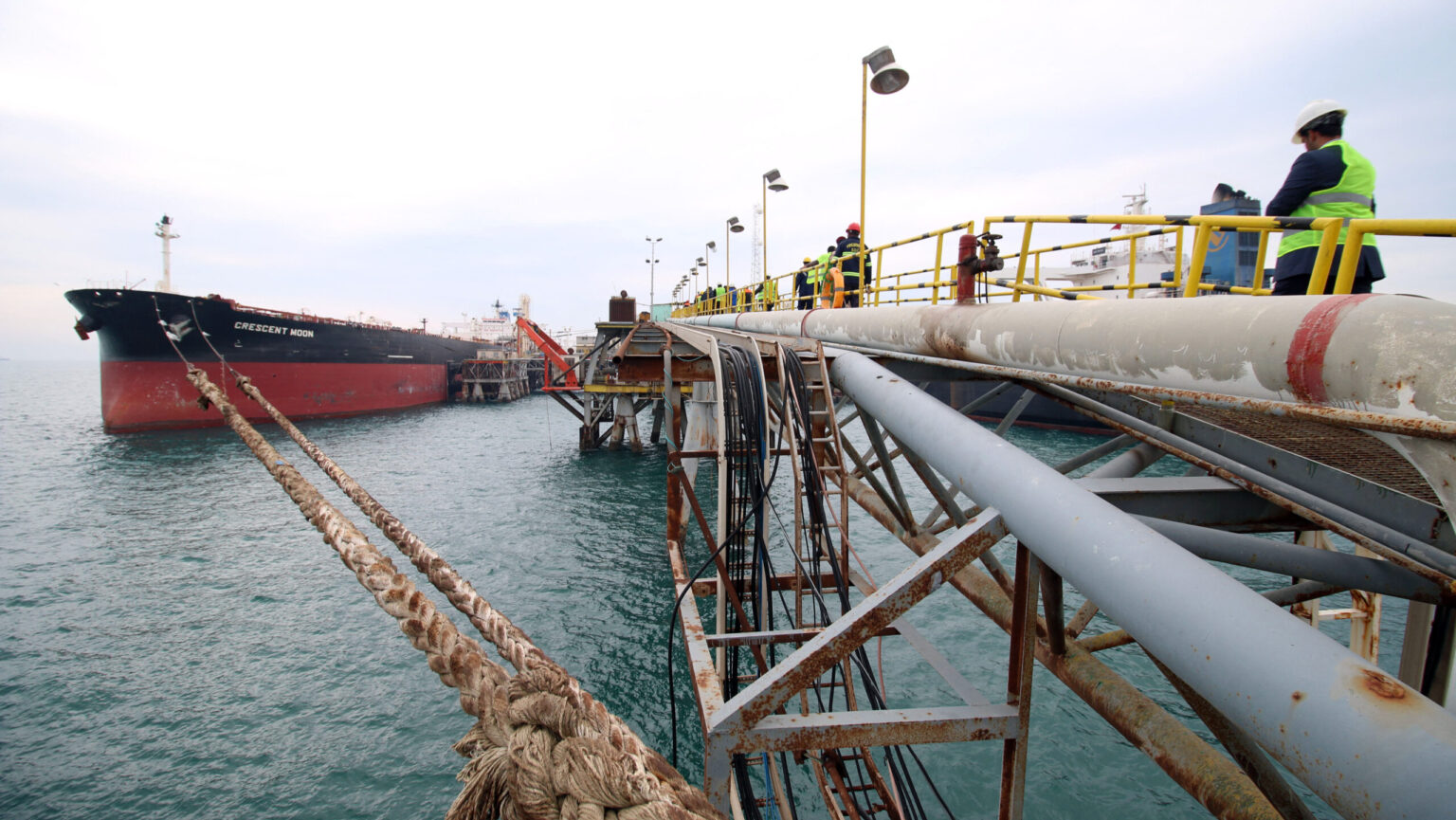Iraqis Protest Maritime Deal with Kuwait Ahead of Court Ruling
Basra, Iraq
Hundreds of Iraqi protesters took to the streets of Basra on Wednesday, expressing their strong opposition to a maritime agreement with neighboring Kuwait. The demonstrations come just ahead of a key decision by Iraq’s Federal Supreme Court on whether to reinstate the 2013 Khor Abdullah maritime agreement, which was annulled in 2023.
Chanting slogans like “The canal is Iraqi,” and carrying national flags and banners, demonstrators demanded that the Iraqi government stand firm against what they perceive as foreign encroachment on Iraqi waters. Many protesters accuse previous administrations of giving up strategic and economically vital access to the Persian Gulf under international pressure.
What Is the Khor Abdullah Agreement?
The Khor Abdullah waterway lies between Iraq’s Al-Faw Peninsula and Kuwait’s Bubiyan Island. It is a narrow but critically important channel that leads directly into the Persian Gulf. For Iraq, whose coastline is limited to about 58 kilometers, the waterway is essential for maritime trade, oil exports, and economic independence.
The maritime agreement between Iraq and Kuwait, signed in 2012 and ratified by Iraq’s Parliament in 2013, was designed to organize navigation rights and improve coordination between both countries. The pact also aligned with international efforts, notably by the United Nations, to peacefully manage the post-Gulf War border issues that have long plagued Iraq-Kuwait relations.
However, many Iraqis have never accepted the deal. Critics argue that it gives disproportionate advantage to Kuwait, especially in controlling access and navigation routes near Iraqi ports. Activists and political opposition figures say the agreement weakens Iraq’s already limited maritime position and was approved without proper public debate.

Court Annulment Fuels National Debate
In a surprising turn in September 2023, Iraq’s Federal Supreme Court ruled that the agreement was unconstitutional. The court found that it was passed without securing the mandatory two-thirds majority vote in parliament, a requirement for international treaties under Iraq’s constitution.
That ruling effectively nullified the deal, throwing diplomatic relations with Kuwait into uncertainty. Kuwait strongly condemned the decision, calling it based on “ahistorical claims.” Kuwaiti officials said the ruling violated international norms and previous commitments made by both sides.
Foreign Minister Sheikh Salem Abdullah Al-Jaber Al-Sabah urged Iraq to abide by international law and warned that any attempt to withdraw from the deal could threaten regional peace and cooperation. Kuwait has since sought support from the Gulf Cooperation Council (GCC) and the United Nations to address the dispute.
Baghdad Walks a Tightrope
Iraq’s Prime Minister, Mohammed Shia al-Sudani, has taken a cautious approach. While acknowledging public anger and the Supreme Court’s decision, he has stressed that Iraq remains committed to resolving the matter through dialogue. His government recently submitted a request for the court to reconsider its 2023 ruling, arguing that the country must maintain international credibility and protect its diplomatic interests.
“We are a sovereign state, but we are also a responsible member of the international community,” al-Sudani said during a press briefing last week. “Any disagreements must be addressed through legal and diplomatic frameworks—not through populism or provocation.”
His comments, however, have done little to calm nationalist sentiment at home. In provinces like Basra, where economic hardships are already inflamed by unemployment, environmental degradation, and poor infrastructure, many see the maritime dispute as symbolic of deeper grievances against both local governance and foreign influence.
Regional and International Concerns
The dispute has attracted international attention. The United States and the GCC have urged Iraq to de-escalate tensions and work toward a stable resolution. Washington, which has strategic ties with both Iraq and Kuwait, emphasized the importance of honoring international treaties and maintaining peaceful relations in a region that has seen its share of conflict.
Observers warn that if the disagreement escalates, it could affect navigation in the northern Gulf, strain cross-border trade, and even prompt retaliatory policies. Already, some Iraqi lawmakers have proposed reviewing other treaties with Gulf nations, calling for a full audit of all maritime and border agreements made since 2003.
Iraq and Kuwait have long had a fragile relationship shaped by the 1990 Iraqi invasion under Saddam Hussein and the subsequent U.S.-led Gulf War. Though both countries have made efforts to normalize relations over the past two decades, old wounds remain. The maritime issue has rekindled nationalistic fervor in Iraq, where any perceived concession to Kuwait is met with skepticism and resistance.
What Happens Next?
The Iraqi Supreme Court is expected to deliver its decision in the coming weeks. A reversal of its 2023 ruling would likely reinstate the maritime deal and ease tensions with Kuwait, but it could trigger a new wave of domestic protests and political challenges for Prime Minister al-Sudani.
On the other hand, if the court upholds its earlier decision, Iraq could face backlash from Kuwait and pressure from regional and international actors to revisit its foreign policy stance. Either way, the outcome will likely shape the trajectory of Iraq’s foreign relations and internal politics for months, if not years, to come.
As Iraq walks the line between asserting sovereignty and maintaining regional diplomacy, the Khor Abdullah waterway has become more than just a narrow strip of sea—it is now a national symbol caught in the storm of law, legacy, and loyalty.
For more information click here
Qatar’s Ashghal Set to Award Major Healthcare Design Contract Soon


